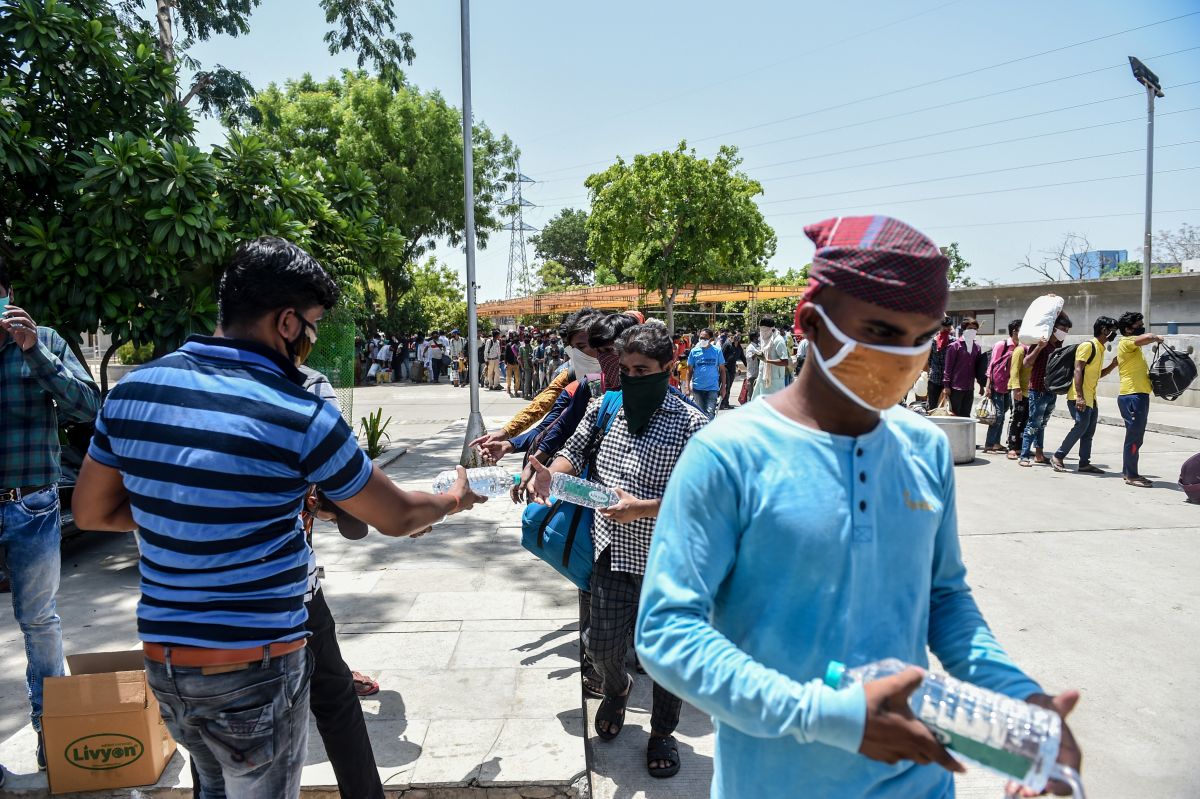After receiving criticism for increasing the working hours for labourers to 12 hours per day last month, the Rajasthan government has restored the previously mandated eight hours per day, according to an official statement, reports PTI.
As migrant workers continue to struggle to reach their homes amidst coronavirus lockdown, many states have amended or suspended labour laws in order to make up for the loss in the economy of the country.
Advertisement
On April 24, the government had made the amendment that allowed companies to extend a factory worker’s daily shift to 12 hours per day, six days a week (72 hours) from the existing eight hours per day, six days a week (48 hours). The government introduced the amendment to reduce the requirement of workers in all the registered factories, in view of the coronavirus spread.
State Labour Minister Tikaram Jully said in a statement, almost all the factories are currently being operated during the coronavirus epidemic. The movement of workers has also started and no pass is required. Public transport has also started in many areas like Green, Orange Zone, etc.
He said the management of factories and workers employed there are working as per the guidelines issued by the Centre and the state government regarding social distancing and safety.
The order was issued last month to increase working hours was initially for three months for factories registered under the Factories Act, 1948. But it has been withdrawn in a month’s time.
In recent weeks, various state governments, including Uttar Pradesh and Gujarat, have either made amendments or proposed changes to existing labour laws as part of larger efforts to help businesses that have been hit hard by the coronavirus pandemic. However, the opposition and labour unions have condemned the suspension of labour laws, especially in Uttar Pradesh and Madhya Pradesh.
UP government passed the Uttar Pradesh Temporary Exemption from Certain Labour Laws Ordinance, 2020, that exempts businesses, manufacturing mostly, for three years from a gamut of labour laws barring four: the Building and Other Construction Workers Act; Workmen Compensation Act; Bonded Labour System (Abolition) Act; and section 5 of the Payment of Wages Act, which mandates employers to pay timely wages, and the Maternity Benefits Act.
UP has suspended key labour laws for three years on May 6 through an ordinance. Whereas Madhya Pradesh on May 7 announced it was taking a similar course to put all labour laws on hold, barring some provisions of the Factories Act, 1948, for the next 1,000 days.
The Rashtriya Swayamsevak Sangh-affiliated Bharatiya Mazdoor Sangh (BMS) has also raised concerns over the condition of unorganised and migrant workers during the coronavirus lockdown. In a press statement issued on May 14, the organisation said that it “strongly condemned the total withdrawal of labour laws in UP, MP and Gujarat.”
“Migrant worker’s issues have aggravated mainly because there is gross violation of Migrant labour act by most of states,” said the labour union.
Global and International Labour Organisation (ILO) norms mandate 48 hours of working hours per week. The first convention that ILO adopted was the Hours of Work (Industry) Convention, 1919 (No. 1) which India ratified in 1921 and it proclaimed 48 hours of work in a week.









